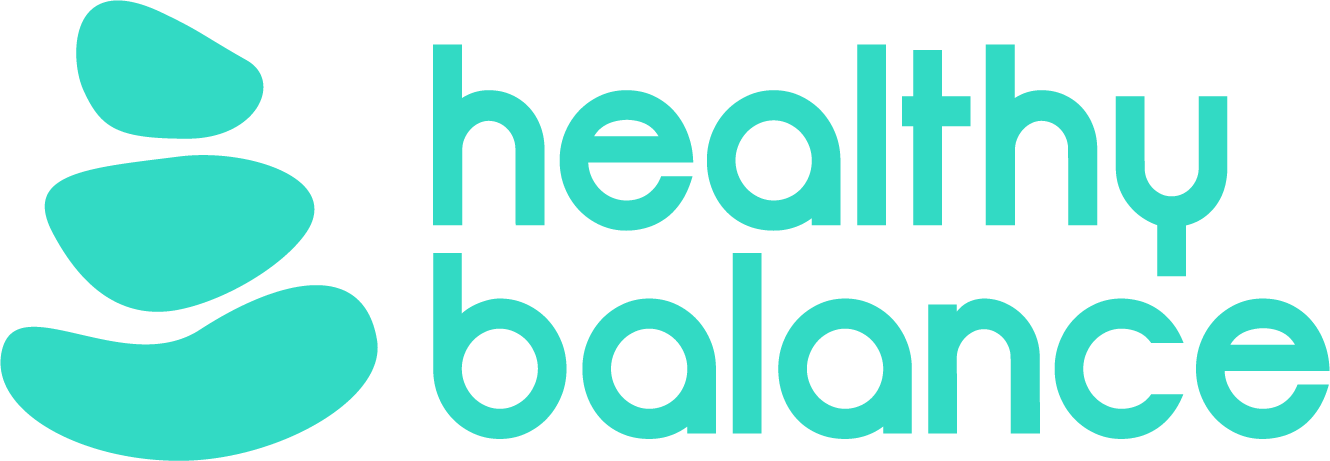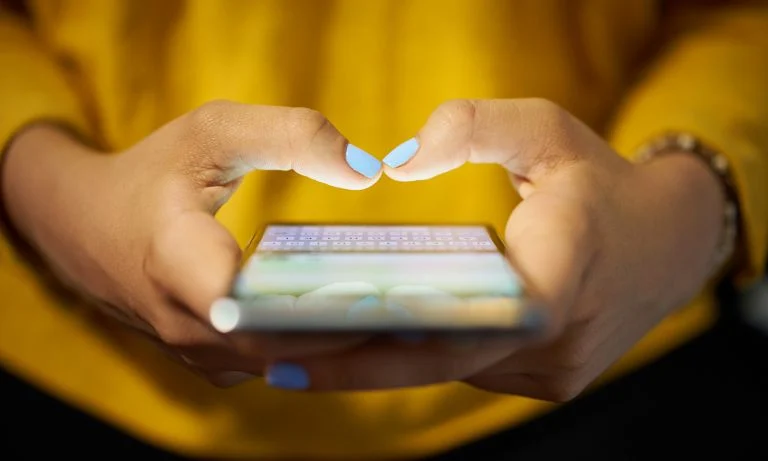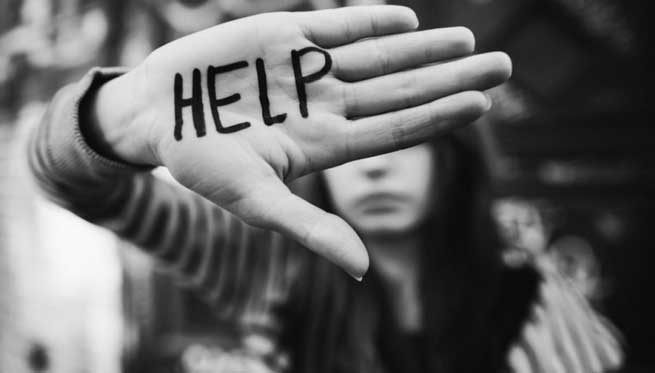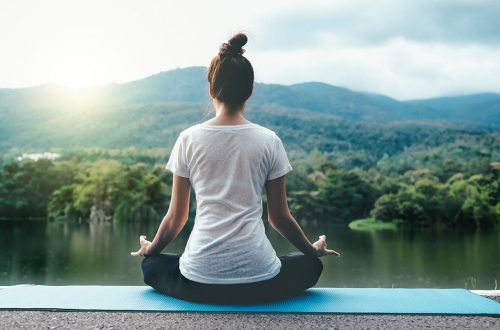Social media has been truly revolutionary and has changed how we communicate with each other. We can use it for official and recreational purposes. And for many people, it is normal to scroll their social media sites for hours on end. Affordable internet packages like Cox internet plans and smartphones have made it easier to always be connected. So, many people are constantly checking their phones for social media notifications.
However, there are many experts that believe that social media is a menace. It can have a harmful impact on our mental health and can cause anxiety symptoms. A study showed that Facebook has a direct correlation with reduced well-being and feelings of happiness. So, the more a person uses Facebook, the more unhappy they could feel.
Table of Contents
Social Media and How We Communicate
Human beings are social creatures. And social media is a natural response to our fast-paced lives. Now, we don’t have the time to meet our loved ones every day. So, to serve the same purpose, we have Facebook, Snapchat, WhatsApp, etc. Because communication is now online, through text messages and mostly virtual. Many people feel that social media is changing the meanings of intimacy for them. You could express things with words and actions before. But now you have to rely on emojis.
So, social media can make you feel like you aren’t connected with your loved ones deeply. Moreover, a study has shown that social media can make you feel isolated. The impact is strong for young adults who perceive themselves as lonely. People who spend more time on social media are more likely to feel that they have lost real-life connections.
The Fear of Missing Out (FOMO)
Another harmful impact of social media is that it can induce anxiety in humans. It is common to check social media notifications the minute you receive them. And if you’re distracted and can’t check your phone immediately you constantly feel like you’re missing out on something important. So, the constant bombardment of notification badges has taken away our time from us.
No matter how much you want to strip away from your phone, a notification can reel you straight back in. This feeling of missing out is called FOMO and is an actual psychological condition. Moreover, social media FOMO can also exacerbate the feeling that others are living a better life. The grass is always greener on the other side, especially when you’re looking at it from your phone’s screen.
Impact of Social Media on Young Adults and Teens
Teens might be having the worst time on social media because of cyber-bullying and mean comments. Bullying has traveled from the schoolyard to their social media accounts. And even the American Academy of Pediatrics has warned of a phenomenon called “Facebook depression”. Many young people on social media can use it without parental supervision. And there are a lot of chances for them to fall across inappropriate content as well.
Moreover, there is so much on social media which can influence teenagers and youngsters. And not everything will be the best for them. They might fall in with the wrong crowd and develop bad habits. Constantly flickering through other people’s “fun” life can also put them in a personality complex. They can compare themselves with others. And as a result, their life will start looking unsatisfactory and sad to them.
Depression and Self-Loathing
Social media is all about posting the best of your world and life. So, you never get to see the failures and shortcomings of people you follow. All the influencers, fashion models, and celebrities boast of a life that seemingly looks much more luxurious and better than yours. So, social media can play a major role in pushing unrealistic standards of beauty and happiness.
As a result, many people can end up loathing themselves and their lives. You might start thinking that you don’t look good enough or don’t earn enough. Such feelings can lead to an overall dissatisfaction with one’s condition. It is important to understand that people only show good stuff in their life. And everyone has their own struggles in life.
Social Media as a Security Blanket
Social media is already replacing one-on-one communication. But many people can also see it as an escape from awkward situations. In a crowded space or public gathering, most people can bury themselves in their phone screens. Moreover, some people use social media to escape from their reality and pretend to be in a different situation. As a result, people can be completely disassociated from the truths of their life. This isn’t a healthy coping mechanism and can minimize the fine line between reality and on-screen personas.






